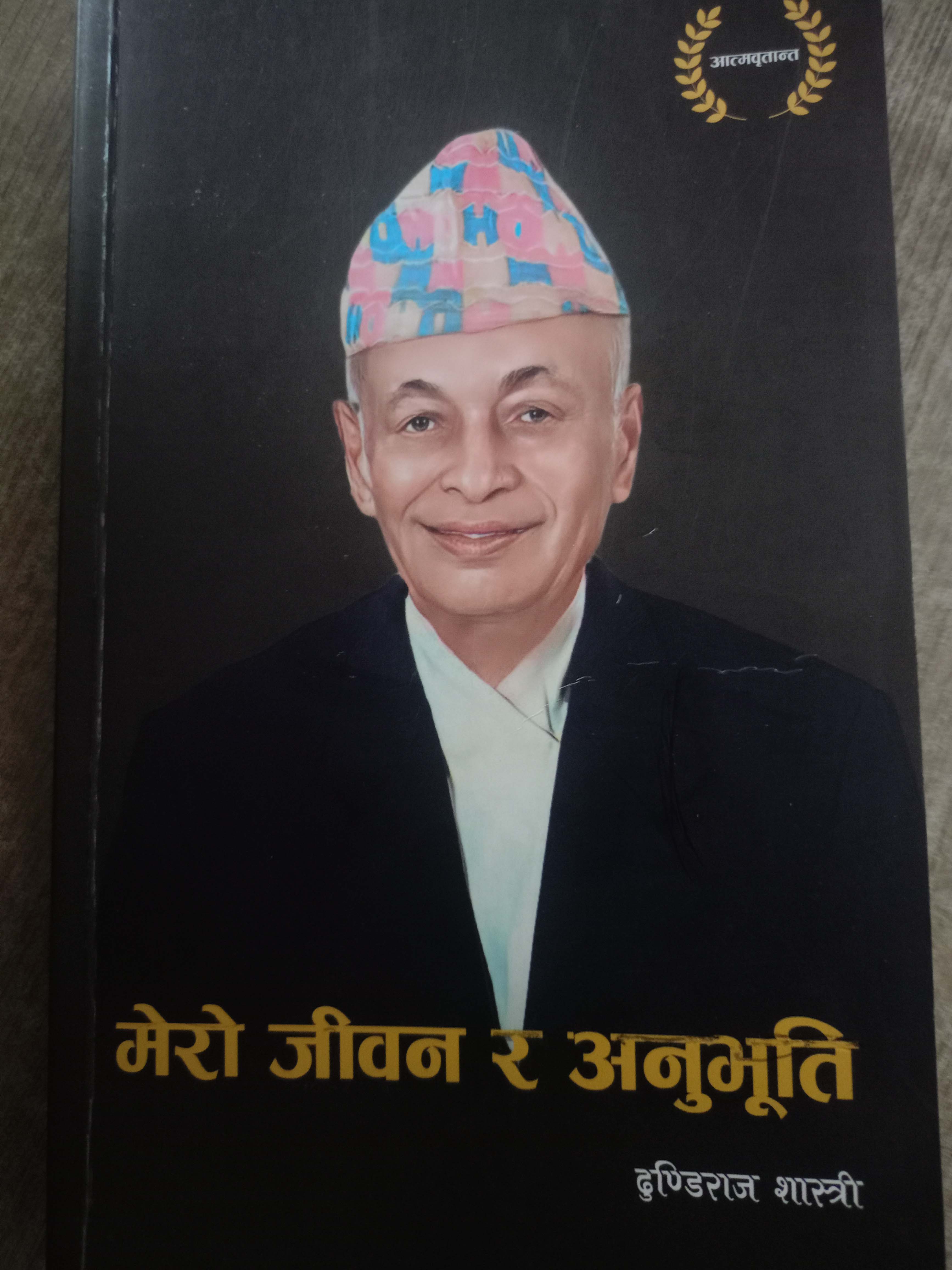National
Veteran Congress leader Dhundiraj Shastri no more
Former minister and socialist thinker Shastri had floated the idea of adopting federalism three decades ago.
Birendra KC
Dhundiraj Shastri, a veteran Nepali Congress leader, former minister, and prominent socialist thinker, passed away early Monday morning at the age of 90.
He breathed his last while undergoing treatment at Kathmandu Medical College, Sinamangal, Kathmandu.
Shastri is survived by his wife, two sons, and two daughters. According to family members, his final rites will be held after the arrival of his sons, who are currently abroad.
Born in 1936 in Nimdanda, Bhumikasthan Municipality-8 of Arghakhanchi district, Shastri had a long and influential political career.
He was elected to the House of Representatives from Arghakhanchi-2 in both the 1991 and 1994 general elections. He served as the minister for industry and labour during his tenure.
Shastri’s involvement in politics began in the early 1960s while he was studying in Banaras, India. He played a leading role in the Nepali Congress’s underground movement when the partyless Panchayat system banned political parties in the country. He remained an active organiser through Nepal’s political transitions.
Issuing a condolence statement on his demise, Congress described Shastri as “an unwavering fighter of the democratic movement and a guiding intellectual force.” The party has announced that his body will be kept at the party’s central office on June 18 from 9:00 am to 11:00 am for final tributes.

Congress President and former prime minister Sher Bahadur Deuba expressed deep sorrow over Shastri’s death, stating, “The news of the demise of Dhundiraj Shastri, an unwavering warrior of Nepal’s democratic struggle, a humble and principled politician, a socialist thinker, and former minister, has left me shocked and heartbroken.”
His dedicated contribution to the party’s organisation and Nepal’s democratic movements will always be remembered in the party’s history, Deuba added.
A staunch follower of BP Koirala’s ideology, Shastri was known for advocating socialism and federalism long before these ideas gained mainstream political traction.
In recognition of his contributions to political philosophy, Shastri was awarded the BP Koirala National Award by the Ministry of Culture, Tourism and Civil Aviation last year.
While serving as a central committee member and head of the Nepali Congress’s Policy, Principles and Programme Department, he had proposed a federal model for Nepal 32 years ago. He had floated the idea of converting the existing five development regions into five provinces, which is mentioned in his memoir Mero Jiwan ra Anubhuti (My Life and Reflections) published two years ago.
His proposal envisioned devolving power from a centralised government by establishing executive, judicial, and legislative institutions at the regional level, and conducting elections under a federal system that included municipalities and village councils.
Although the proposal was discussed at length within the party, it was never endorsed formally. Shastri however floated the idea of converting the country into a federal model under the political system of constitutional monarchy. In his memoir, Shastri recalled that while fellow leaders like Girija Prasad Koirala and Krishna Prasad Bhattarai were present, they did not push for the proposal’s approval.
According to Shastri, the idea met opposition from several figures, including the current President, Ram Chandra Paudel.
Though he was deprived of candidacy in the 1990 general elections owing to factional politics within the party, Shastri remained a respected figure in the Nepali Congress and broader political circles. His published memoir, Mero Jiwan ra Anubhuti (My life and reflections), remains an important resource for understanding the ideological roots of Nepal’s democratic evolution.
Shastri also served as the founding chair and patron of the Shahid Smriti Pratisthan (Martyrs’ Memorial Foundation).
Nepali Congress in its statement noted, “With his demise, the party has lost a senior and experienced leader.”




 14.12°C Kathmandu
14.12°C Kathmandu














